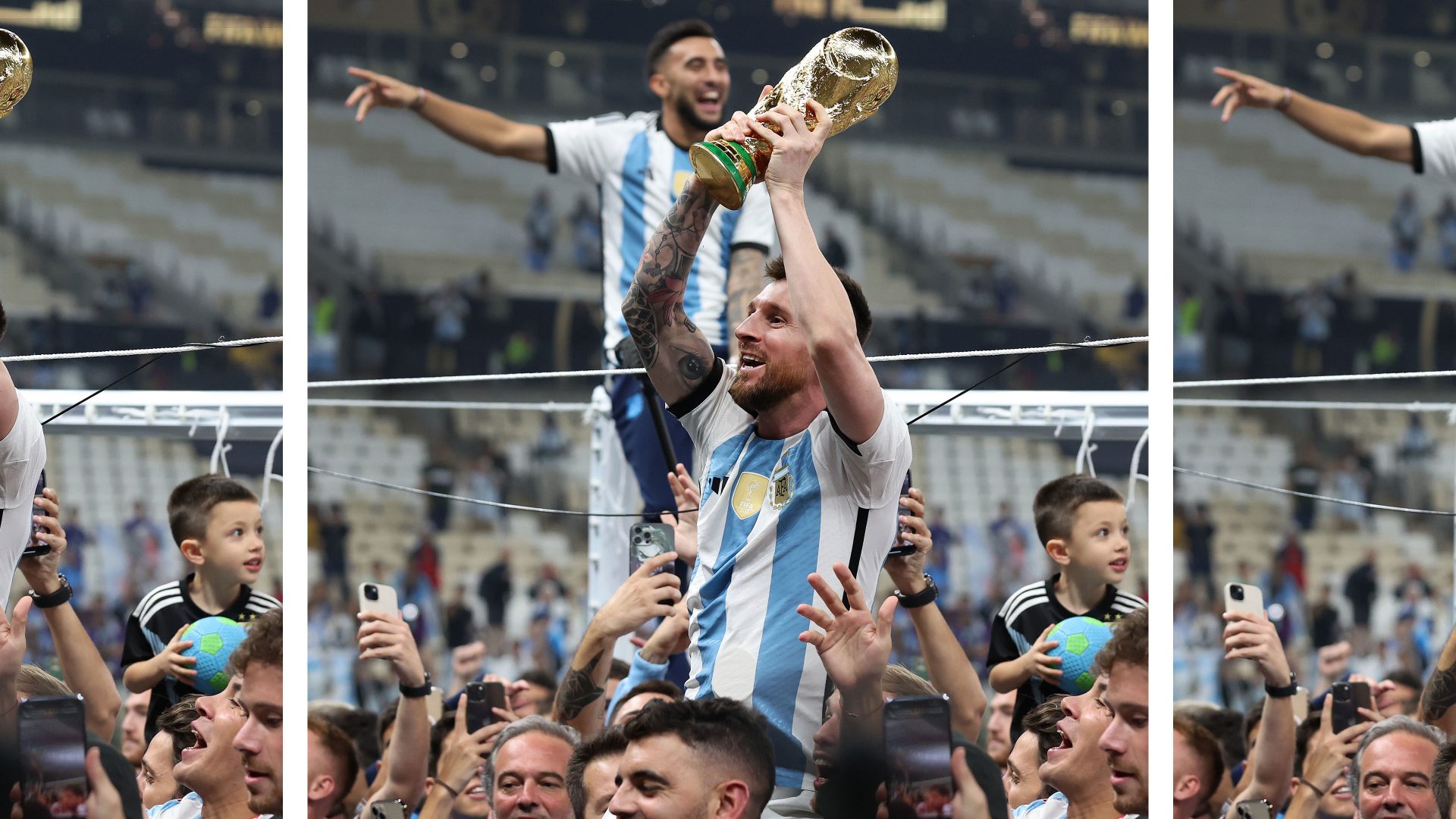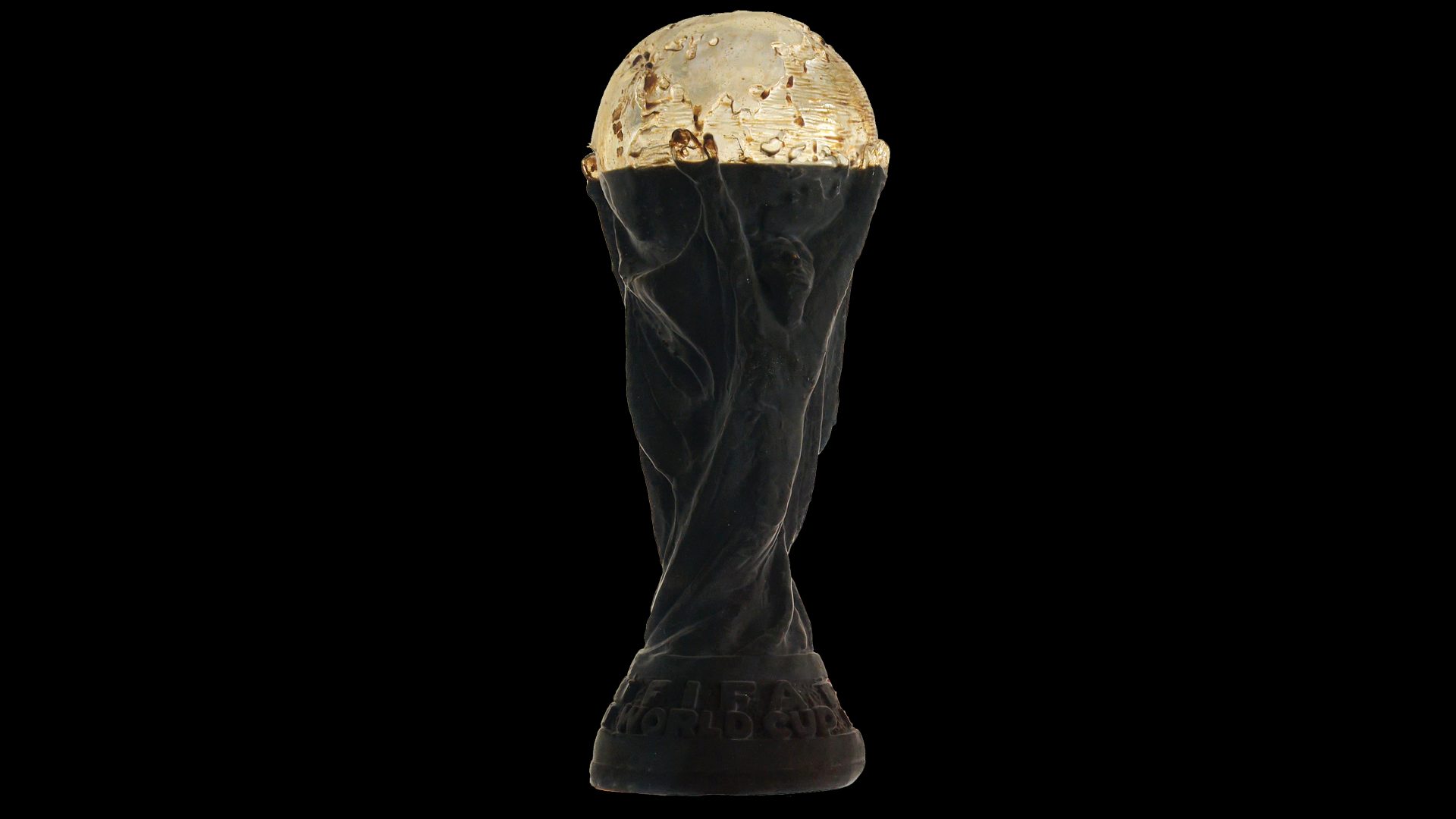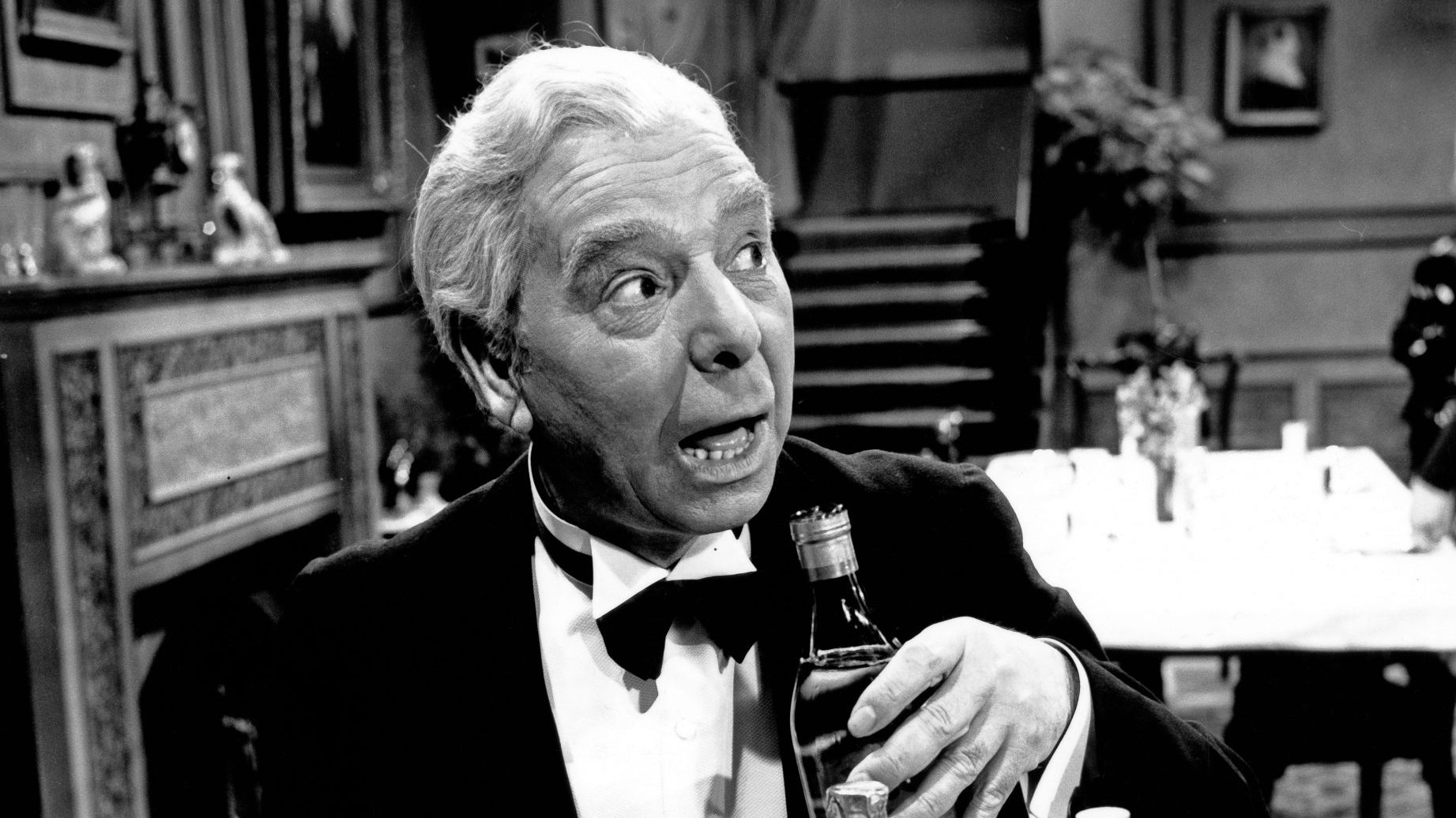The winner takes it all. What happened on Sunday was that football, a game hijacked for commercial and political gain, lifted a global audience beyond anything that the crooked men of Fifa and Qatar warranted or deserved.
In simplistic terms, Argentina’s Leo Messi trumped France’s Kylian Mbappé in a World Cup final decided on penalty kicks required to settle a game that fluctuated whimsically, beautifully from one shade of blue to the other. During the 90 minutes plus extra time, Messi, the man said to be playing “walking football” in the desert, scored twice and set up a third goal scored by Ángel Di Maria, who was born 34 years ago in the same neighbourhood of Rosario in central Argentina.
Mbappé scored a hat-trick for France, and still ended up the loser. He was “consoled” by Emmanuel Macron at the end in what some saw as a shameless act of publicity seeking. Mbappé has now won one World Cup
final and lost another. At 24, his time will come again.
So narrow is our world, so dependent on Middle East oil that, last season, Messi, Mbappé and Di Maria all shared the dressing room at Paris Saint-Germain, the club bankrolled by the tiny kingdom of Qatar. Messi’s footballing life is now complete after 1,000 games, almost 800 goals, every club trophy a player can win, and now, at last, the World Cup that puts him on the same pedestal as Argentina’s former genius, Diego Maradona.
Poor, flawed, incredible Diego. His life was cut short because of the drug
use that began after he was wilfully kicked by Andoni Goikoetxea, the
infamous Butcher of Bilbao, while Maradona was a player for Barcelona.
Messi, of course, had followed Maradona’s path to that Catalan club, and been blamed, distanced by Argentinians for doing so because at the time Messi was an adolescent. He was too European, too distant, to be one of them… until this tournament.
Argentines know in their hearts that Messi didn’t desert them. He simply
went to Barcelona because the club offered to pay the medical bills to cure
a growth hormone deficiency that his family could not afford to meet from
his father’s steelworker’s wage. And who knows if Messi, still no Adonis at 1.69m and 67kg (5.5ft, 10st 7lb) would have emerged as he did without Frank Rijkaard and Pep Guardiola’s coaching at Barça?
Why should Messi have been ostracised in his homeland for going where every single player in this Argentine side now goes? The money is in the European clubs, albeit pumped in by the oil-rich Emirs and the American and Asian billionaires, and – until the war in Ukraine – the oligarchs.
There is, as Sunday proved, a game within this murky mercenary business. And with Sunday’s win for Argentina, the great divide narrows from the first World Cup in 1930, so now the score stands at European winners 12, South America 10. You could say we Europeans are now paying them to beat us. Also to entertain us.
This World Cup marks the end of an era, the passing if you like from Messi
to Mbappé. In between, Cristiano Ronaldo sulked off, Luka Modrić strode blissfully away, and dear old Morocco showed that Africa can, with half a century of royal patronage and French coaching, claim at least a foothold in this Europe-Latin America duopoly.
Despite Sunday’s penalty lottery defeat in Lusail and despite the ruination of its domestic league by the Qatari financing of PSG, France can remain almost as confident as Macron. It has established a scouting kindergarten that no other land can match, with the sons of migrants from Africa and the former colonies in the Americas providing the raw material. And yes, France only lost narrowly this time.
Lost on penalty kicks. And lost on the decimation of the squad that Didier Deschamps built over a full decade as head coach. Deschamps’ 2022 version was missing five key members because of injury before a ball was even kicked in the desert. His team nevertheless reached the final, and came from two goals down to the brink of victory, despite at least another four core players suffering from what is called “Middle East Respiratory Syndrome.”
Those of us with suspicious minds wonder if that is a pseudonym for the air conditioning, the cold air pumped into the stadiums, the living quarters, even the streets of a state which bought the World Cup and then turned it into a midwinter rather than a midsummer event that it had always been until now. We have yet to see the ramifications of that exertion on players who must now return with minimal rest or re-acclimatisation into the European season.
One almost feels sorry for clubs and fans in England in particular, because the Premier League is back this Boxing Day. The Bundesliga buys respite
because their national team exited the World Cup at half-time, and their
season has a winter break.
However, Gianni Infantino, the Swiss-Italian president of Fifa, ignores the evidence that footballers’ bodies need to rest like any other athletes. His next World Cup will expand from 32 nations to 48 playing across America, Mexico and Canada in 2026. Before that, Infantino and his Arabic paymasters have suddenly announced the launch of a new Fifa Club World Cup in 2025.
Ignoring medical evidence that players are at breaking point, and failing to consult the clubs, Infantino cares about only one thing: profit. Meanwhile, career spans like the 17 years of the great Lionel Messi will become a thing of the past.




